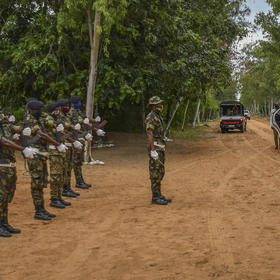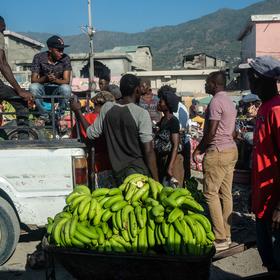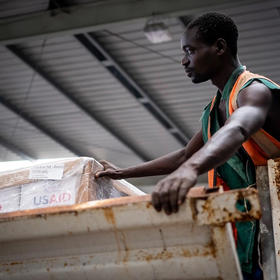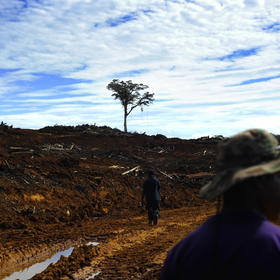Analysis and Commentary
Fragility and Conflict
The Global Fragility Act (GFA) is an ambitious law that makes preventing conflicts and promoting stability in countries prone to conflict a U.S. foreign policy priority. Following years of efforts that overemphasized military operations in response to extremist violence and insurgencies, the GFA requires a long-term investment to address the underlying drivers of conflict. The Biden administration has released a new strategy to implement the GFA with 10-year commitments of assistance to a group of fragile states. The GFA and the new strategy rely, in part, on recommendations made by the USIP-convened Task Force on Extremism in Fragile States.
Under this new strategy, the United States will partner with four countries (Haiti, Libya, Mozambique and Papua New Guinea) and a grouping of West African Coastal States (Benin, Côte d’Ivoire, Ghana, Guinea and Togo) to advance peace and security in these nations.
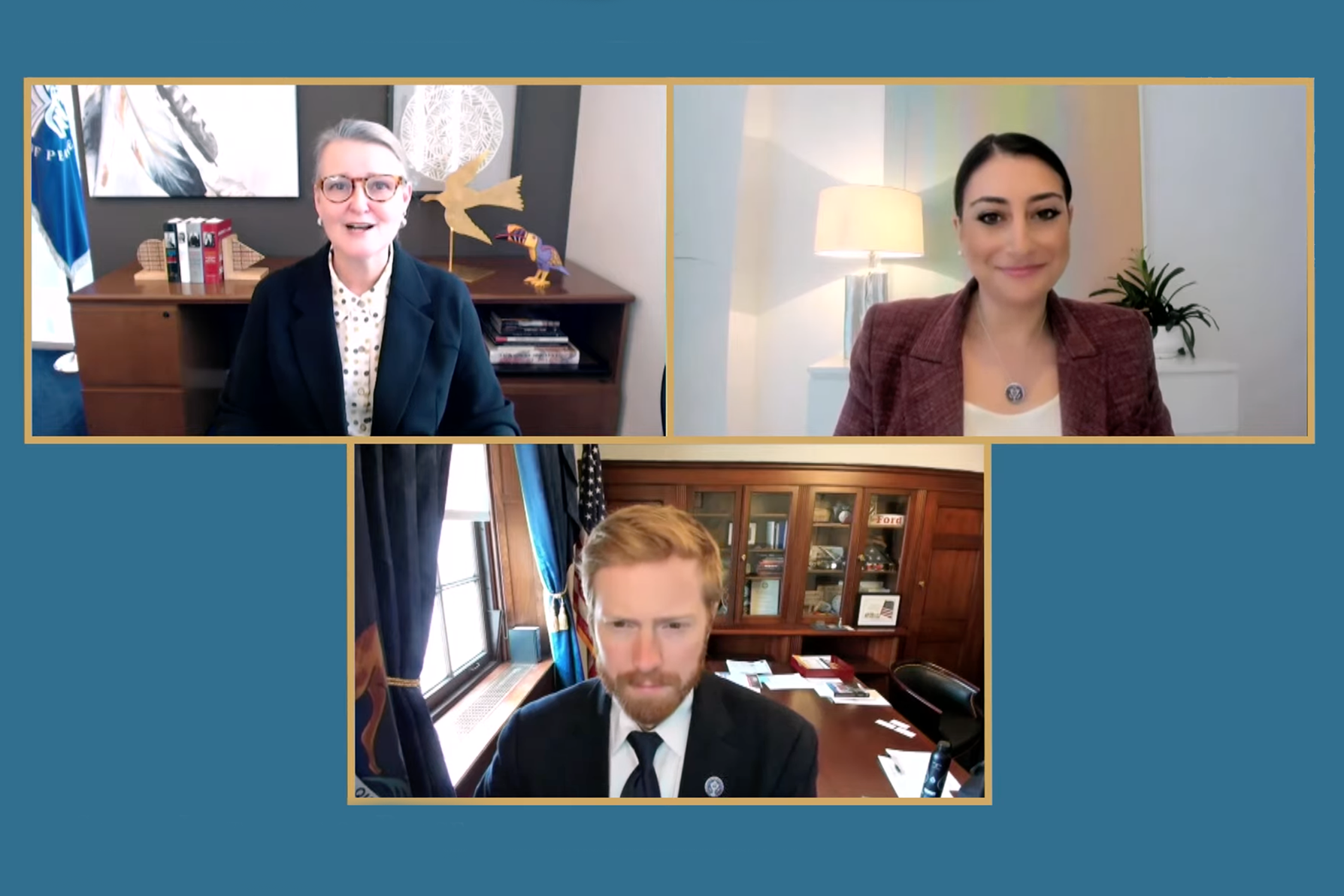
Featured Event
From Stabilization to Prevention: Changing the U.S. Strategy on Violent Conflict
Featured Resources
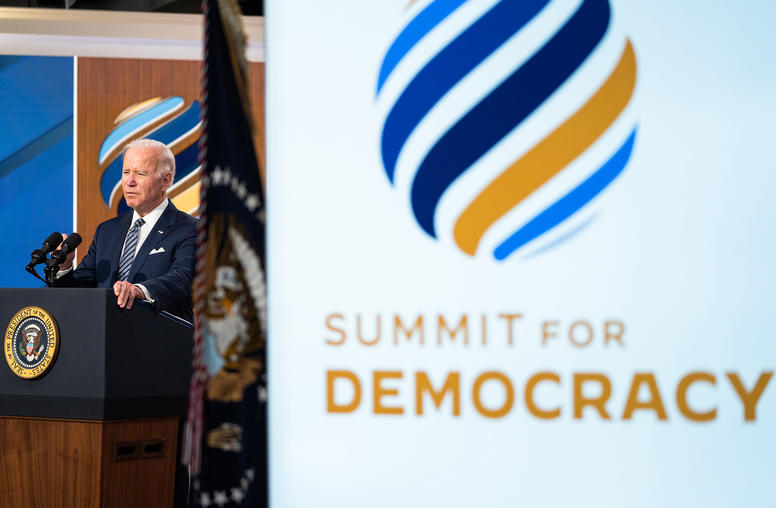
How to Deliver for Citizens in Fragile States After the Democracy Summit
Beyond geostrategic rivalry, how does the Summit for Democracy address the growing number of countries — including many emerging democracies — that are experiencing or recovering from armed conflict around the world?
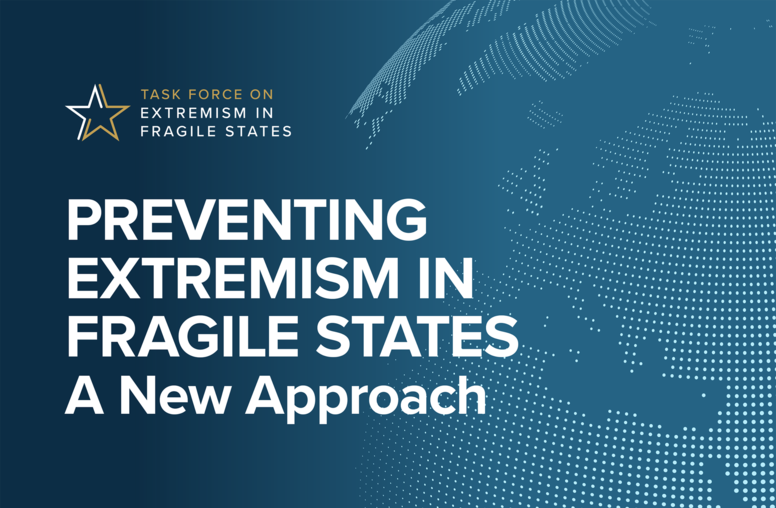
Preventing Extremism in Fragile States: A New Approach
The Task Force on Extremism in Fragile States developed a new strategy that represents the insightful and bipartisan foreign policy thinking of fifteen leading former policymakers, legislators, and other experts on how to empower fragile states to resist extremism on their own.
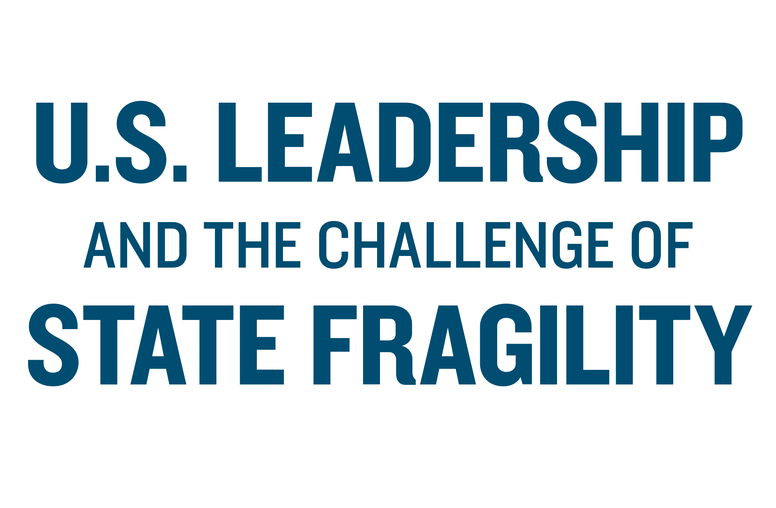
Fragility Study Group
The Fragility Study Group was an independent, non-partisan initiative, jointly convened by the Carnegie Endowment for International Peace, the Center for a New American Security and the U.S. Institute of Peace, to improve the U.S. government’s approach to reducing global fragility.

